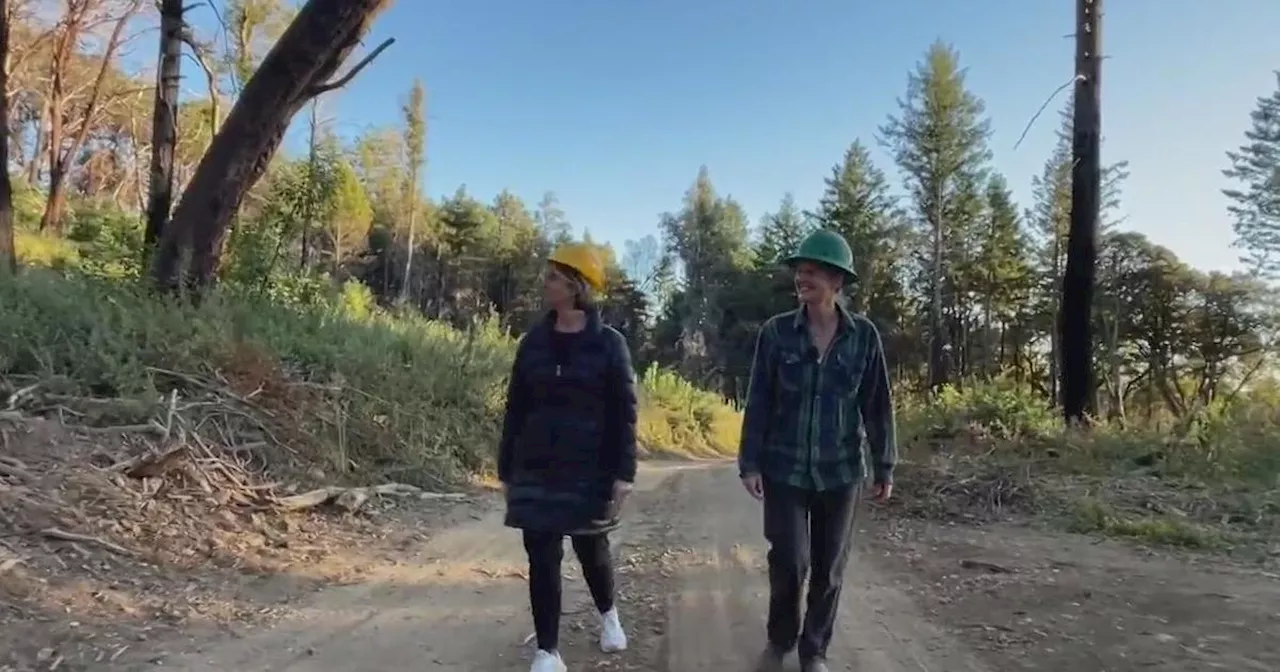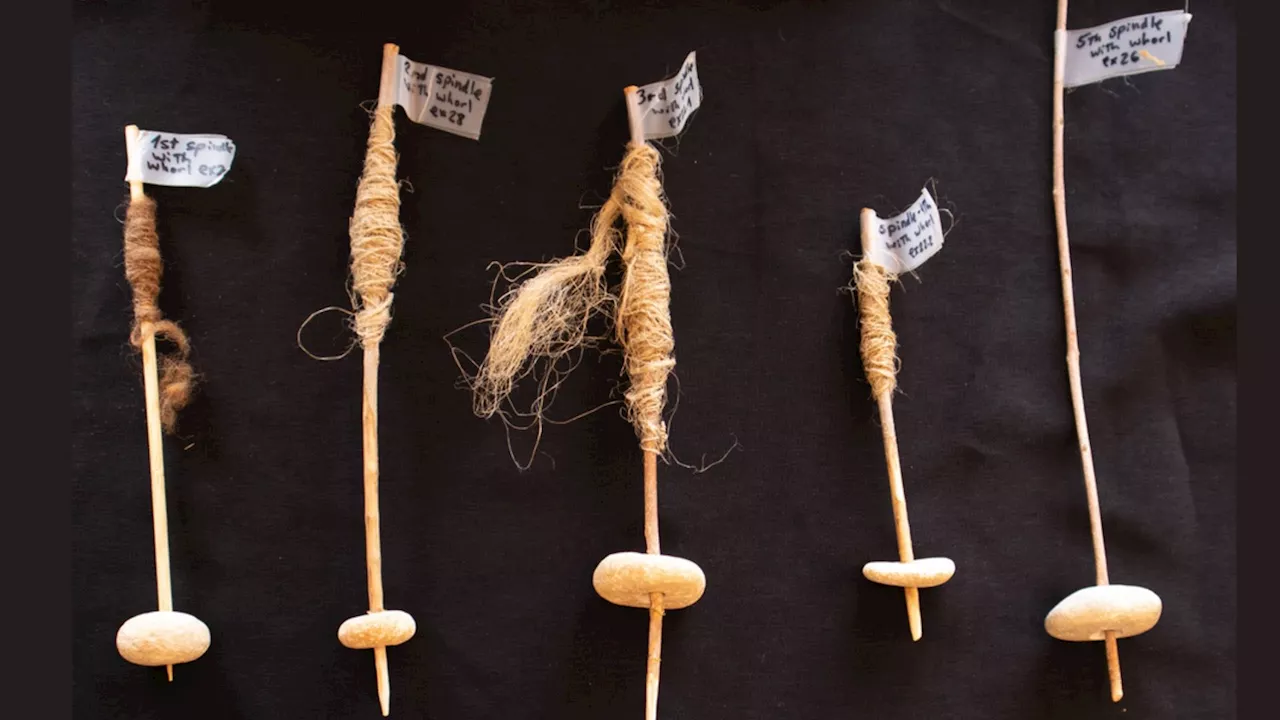Researchers have analyzed a collection of donut-shaped, perforated stones an archaeological site dating back about 12,000 years.
Archaeologists may have uncovered one of the earliest examples of rotational tools, a discovery that could shed light on the origins of wheel-like devices in human history.
They propose that these stones, likely used as spindle whorls, represent an early form of rotational technology that could have influenced the development of later inventions, including the potter’s wheel and the cart wheel.These perforated stones resemble spindle whorls — weighted, round objects traditionally attached to a spindle stick. When connected, they form a rudimentary wheel-and-axle mechanism that can spin fibers like wool or flax into yarn more efficiently.
Using modern digital tools, the researchers extensively examined more than 100 limestone pebbles recovered from the site. By creating 3-D digital models of the stones and their central perforations, they identified a consistent, circular shape and symmetrical perforation across the artifacts.
Archaeology Bronze Age Neolithic Period Spindle Whorls Wheel
United States Latest News, United States Headlines
Similar News:You can also read news stories similar to this one that we have collected from other news sources.
![]() Researchers Create 3D Model of Ancient Stone Sculpture From a Single 134-Year-Old PhotoScientists have created a 3D model of a buried relief sculpture by using a photo taken in the 1800s and novel AI technology.
Researchers Create 3D Model of Ancient Stone Sculpture From a Single 134-Year-Old PhotoScientists have created a 3D model of a buried relief sculpture by using a photo taken in the 1800s and novel AI technology.
Read more »
 AI 'tongue' can 'taste' the difference between Coke and Pepsi, Penn State researchers revealCould this be the ultimate taste-tester?
AI 'tongue' can 'taste' the difference between Coke and Pepsi, Penn State researchers revealCould this be the ultimate taste-tester?
Read more »
 Researchers develop 3D atlas of the developing mammalian brainA team of researchers has created a 3D atlas of developing mice brains, providing a more dynamic understanding of how the mammalian brain develops. This atlas provides a common reference and anatomical framework to help researchers understand brain development and study neurodevelopmental disorders.
Researchers develop 3D atlas of the developing mammalian brainA team of researchers has created a 3D atlas of developing mice brains, providing a more dynamic understanding of how the mammalian brain develops. This atlas provides a common reference and anatomical framework to help researchers understand brain development and study neurodevelopmental disorders.
Read more »
 San Jose State wildfire researchers studying importance of forest managementSan Jose State wildfire researchers are studying the impact of the CZU Lightning Complex Fire in the Santa Cruz mountains and the importance of forest management.
San Jose State wildfire researchers studying importance of forest managementSan Jose State wildfire researchers are studying the impact of the CZU Lightning Complex Fire in the Santa Cruz mountains and the importance of forest management.
Read more »
 Researchers identify key enzyme in aging cells to promote healthy agingA team has made a groundbreaking discovery in the field of aging and inflammation. Japan's aging population is growing at an unprecedented rate, making it crucial to extend healthy lifespans rather than just lifespans.
Researchers identify key enzyme in aging cells to promote healthy agingA team has made a groundbreaking discovery in the field of aging and inflammation. Japan's aging population is growing at an unprecedented rate, making it crucial to extend healthy lifespans rather than just lifespans.
Read more »
 Soil's secret language: Researchers decode plant-to-fungi communicationResearchers have cracked the code of plant-to-fungi communication in a new study. Using baker's yeast, the researchers discovered that the plant hormone strigolactone (SL) activates fungal genes and proteins associated with phosphate metabolism, a system that is key to growth.
Soil's secret language: Researchers decode plant-to-fungi communicationResearchers have cracked the code of plant-to-fungi communication in a new study. Using baker's yeast, the researchers discovered that the plant hormone strigolactone (SL) activates fungal genes and proteins associated with phosphate metabolism, a system that is key to growth.
Read more »
